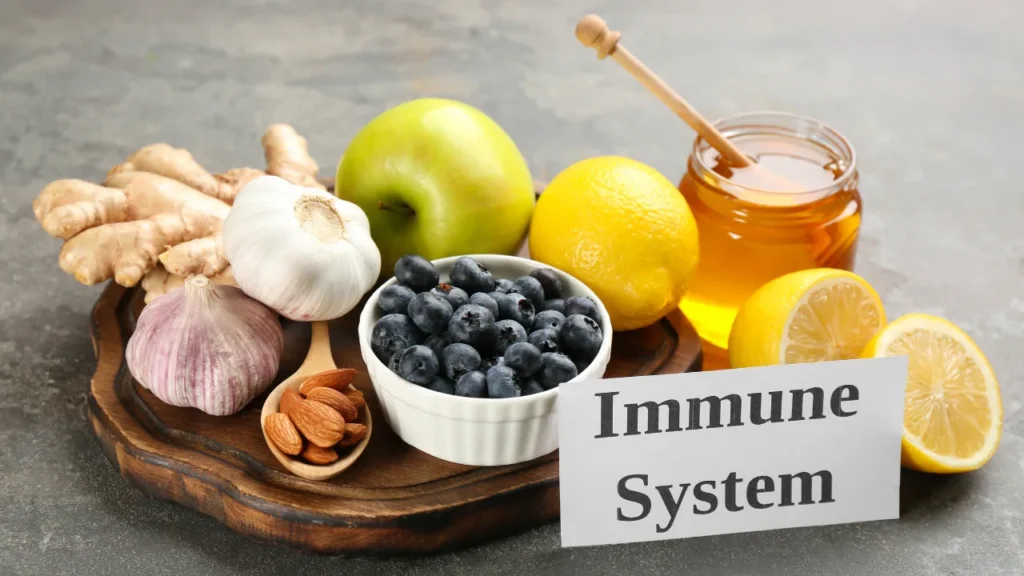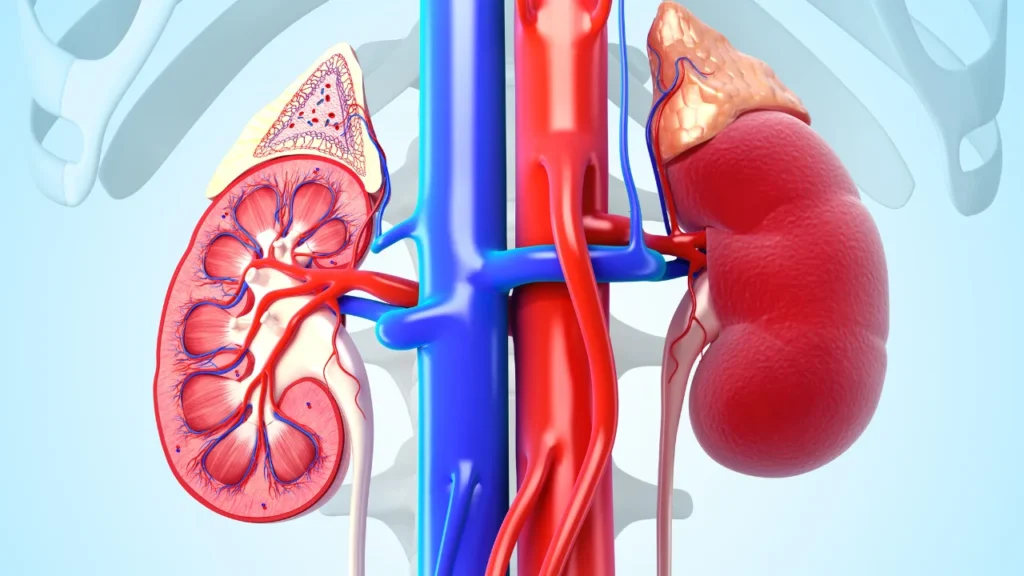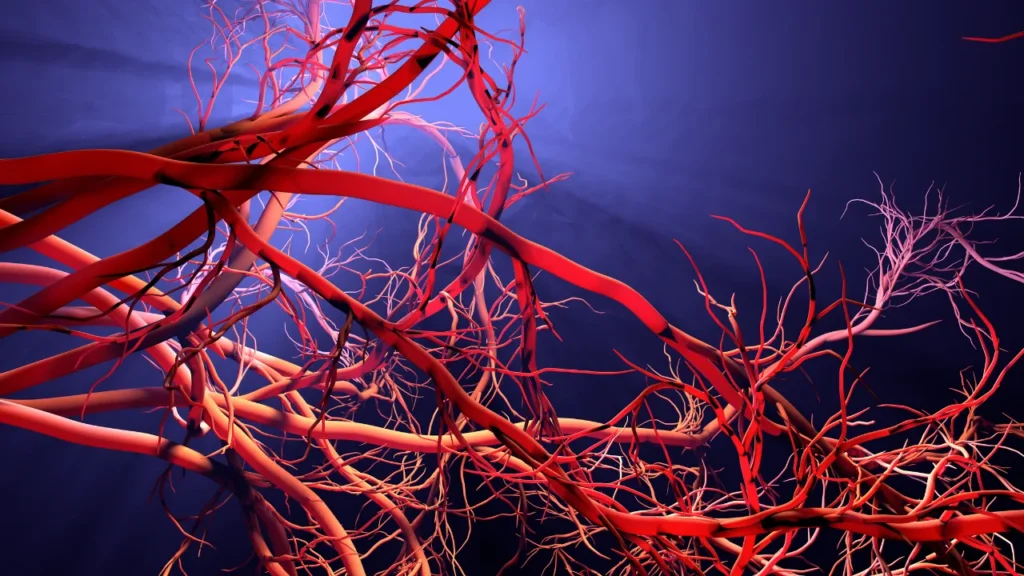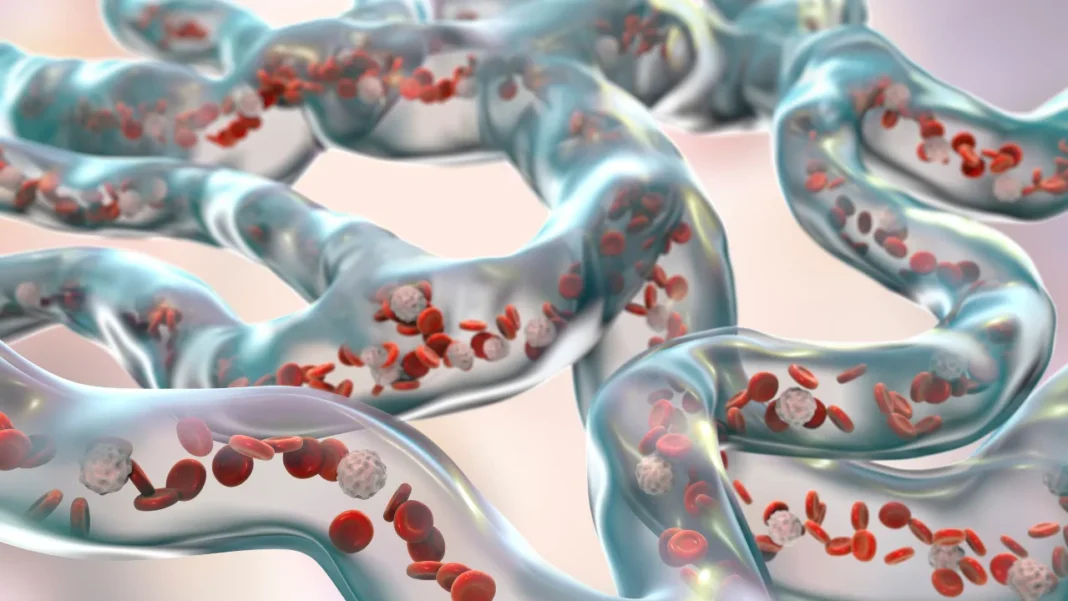Description
Henoch-Schönlein purpura (HSP), additionally referred to as IgA Vasculitis, represents a kind of systemic vasculitis that mostly affects small blood vessels. Blood vessel inflammation is the main characteristic of this illness, which can cause a variety of symptoms including kidney involvement, joint discomfort, purpura, and abdominal pain. Although it can happen at any age, HSP/IgA Vasculitis is a kind of vasculitis that primarily affects youngsters. Usually, an infection in the upper respiratory tract occurs first, followed by the development of purpuric rashes on the skin of the lower limbs. Little red or purple specks that do not bleed through the skin when pressed characterize this type of purpura.
You May Also Like:
Kori Krill Oil Softgels And Gummies: In-Depth Product Review
Primal Multivitamin vs myPEAK Wellness: Which Measures Up, According to Science
Henoch-Schönlein purpura / IgA vasculitis: Description, Causes, and Treatment Protocol is an original (MedNewsPedia) article.
Possible Causes
Several causes are believed to have contributed to the formation of HSP, while its precise causation is still unknown. Among these are the following:
Abnormal Immune Response: As an autoimmune disorder, HSP occurs when the body’s tissues are mistakenly attacked by the immune system. The immune system’s immunoglobulin A (or IgA) antibodies accumulate in the walls of blood vessels in this situation. Inflammation and blood vessel damage are brought on by this immune complex accumulation.
Infections: Higher respiratory tract infections and viral illnesses frequently precede or follow HSP. HSP is not directly caused by infections. However, they are thought to be possible contributors or triggers. HSP patients may experience an aberrant immune response in response to specific infections.
Genetic Predisposition: The inherited component of HSP susceptibility may exist. A potential hereditary predisposition to the disorder is shown by several research that point to a familial tendency. Nevertheless, the precise genetic indicators or mutations linked to HSP remain incompletely recognized.
Environmental Factors: For those who are vulnerable, exposure to specific environmental allergens or irritants may either initiate or exacerbate HSP. Nevertheless, particular environmental elements remain to be conclusively determined.
Immunological Abnormalities: Certain people may be predisposed to developing HSP because of an underlying immune system malfunction. A possible contributing factor to the etiology of the illness is immune response dysregulation, specifically concerning IgA antibodies.
Medications and Vaccinations: Some medications or immunizations have been known to either precede or cause HSP, albeit this is extremely uncommon. This correlation, meanwhile, is sporadic and poorly supported.

Exacerbating and Mitigating Factors
In addition to joint pain, stomach pain, purpura (skin rash), and occasionally renal involvement, HSP causes a variety of symptoms. Effective symptom management requires an understanding of the variables that can exacerbate or mitigate the symptoms. The following factors may aggravate or alleviate HSP symptoms:
The exacerbating factors include:
Stress: Emotional strain or psychological stress may cause symptoms to worsen or trigger HSP flare-ups altogether. Inflammation may get worse under stress, which can also affect the immune system.
Infections: Upper respiratory tract infections and viral illnesses are frequently followed by HSP. HSP symptoms may be exacerbated or brought on by infections, particularly those that impact the upper respiratory tract.
Environmental Factors: In sensitive people, exposure to specific triggers from the environment or allergens may have a role in the onset or exacerbation of HSP symptoms.
Genetic Predisposition: HSP often occurs more frequently in some families, suggesting that there may be a hereditary predisposition even though the actual reason is still unknown.
Certain Medications: Certain drugs may worsen symptoms of HSP or disrupt the immune system’s functioning. Rarely, the illness may be exacerbated or brought on by specific medicines.
The mitigating factors include:
Stress Management: Techniques like mindfulness, relaxation exercises, stress reduction, and seeking therapy or counseling can all assist in controlling stress levels, which in turn may reduce the intensity of symptoms.
Healthy Lifestyle: Maintaining a balanced diet, engaging in daily exercise, and getting adequate sleep can all support a healthy way of life that enhances overall wellness and possibly decreases HSP symptoms.
Avoiding Triggers: In some situations, preventing flare-ups or lessening the intensity of HSP symptoms may be accomplished by identifying and avoiding probable triggers, such as specific drugs or allergies.
Balanced Diet: Whole grains, lean meats, fruits, and vegetables can all be included in a diet that is high in nutrients. There are situations where dietary changes can help with symptom management.
Maintaining Overall Health: In addition to improving general well-being, good management of various medical illnesses and adherence to prescribed treatment protocols may lessen the severity of HSP symptoms.

Standard Treatment Protocol
Henoch-Schönlein purpura sometimes referred to as IgA Vasculitis, is treated with a regimen that minimizes inflammation, controls symptoms, and guards against consequences. A summary of the typical course of treatment for HSP is provided here:
Corticosteroids: Prednisone is one corticosteroid that may be used in cases of severe symptoms, considerable joint aches, or organ involvement. These drugs support the reduction of inflammation and control of the immune system.
Immunosuppressive Medications: Immune system suppressors like methotrexate, azathioprine, or cyclophosphamide may be recommended for chronic or refractory instances where symptoms do not improve with previous therapies.
Symptomatic Management: Joint discomfort and inflammation are frequently treated with nonsteroidal anti-inflammatory medications (NSAIDs), which include ibuprofen or naproxen. When NSAIDs are contraindicated, acetaminophen may be the better option for pain management.
Blood Pressure Management: When there is kidney involvement, high blood pressure may develop. To preserve kidney function, doctors may prescribe hypertension management drugs like angiotensin receptor blockers (ARBs) or angiotensin-converting enzyme (ACE) inhibitors.
Supplemental Treatment for Kidney Involvement: If kidneys are affected, medications that control proteinuria (protein in the urine) and protect kidney function, such as ACE inhibitors or ARBs, might be used.
Observation and Follow-up: Monitoring kidney function (via blood and urine tests), blood pressure, and symptoms regularly is crucial. To evaluate the efficacy of treatment and modify the treatment plan as necessary, subsequent appointments with healthcare specialists are essential.
Nevertheless, it should be taken into account that the course of treatment may change according to the patient’s age, general health, level of symptoms, and organ involvement. Reducing inflammation, preventing complications, and enhancing the patient’s quality of life are the objectives of treatment.

Treatment Options
Adjunct therapy possibilities for HSP strive to support general health, reduce inflammation, and manage symptoms alongside regular medical care. For those with HSP, these alternative therapies may provide extra support and even advantages, but they are not intended to take the place of traditional treatments. These are a few options for supplemental therapy:
Nutritional Supplements: These include:
Vitamin D
The immune system needs to be regulated with adequate vitamin D levels. According to some research, keeping vitamin D levels at optimal levels may help manage autoimmune disorders.
Probiotics
Good bacteria found in probiotics support the immune system and gut health. Certain probiotic strains may have a beneficial effect on the body’s immune response and aid in the management of autoimmune disorders, though further study is needed to confirm this.
Omega-3 Fatty Acids
HSP-related inflammation may be alleviated by the anti-inflammatory qualities of omega-3 fatty acids, which are present in flaxseed oil, fish oil, and several nuts and seeds.

Herbal Remedies: These involve:
Curcumin (Turmeric Extract)
Turmeric possesses a compound called curcumin, that exhibits strong anti-inflammatory and antioxidant qualities. In certain cases, it may help decrease inflammation and relieve symptoms associated with HSP.
Boswellia
Traditionally utilized for its anti-inflammatory properties, boswellia, often called Indian frankincense, may help manage symptoms of herpes simplex.
Traditional Chinese Medicine and Acupuncture: As a practice in traditional Chinese medicine, acupuncture involves inserting tiny needles into the body at particular locations. Acupuncture may be beneficial for some people in controlling their HSP-related pain and inflammation.
Mind-Body Practices: These comprise:
Yoga
Postures, breathing techniques, and meditation are all combined in yoga. Lowering stress levels and enhancing overall health could benefit from it.
Meditation and Mindfulness
These techniques emphasize unwinding and lowering tension. By assisting people in managing stress, which can affect immunological response and inflammation, they may have an indirect effect on the intensity of symptoms.
Dietary Modifications: Enhancing general health and maybe mitigating symptoms can be achieved with a well-rounded diet full of fruits, vegetables, complete grains, and lean proteins. Finding and avoiding possible trigger foods that can aggravate symptoms may be helpful for some people.
Physical Activity and Stress Reduction: These include:
Regular Exercise
Engaging in daily physical activity may improve general health and wellness. Exercise has the potential to boost immunity and decrease stress.
Stress Management
Activities and hobbies, progressive muscle relaxation, and deep breathing exercises are a few stress-reduction strategies that can assist in controlling stress levels.
However, when implementing adjunct therapies into a treatment plan for HSP, it is imperative to proceed cautiously and consult with medical authorities. Adjunctive therapies are not appropriate for every patient, and their efficacy varies. Plans for collaborative care that take into account each person’s requirements and preferences can aid in the efficient management of HSP while maintaining the person’s safety and well-being. It is extremely important to check with medical specialists regularly to evaluate the effectiveness of treatment and make any necessary adjustments.
Conclusion
Henoch-Schönlein purpura (HSP), or IgA vasculitis, is a complex autoimmune disorder primarily affecting small blood vessels, with symptoms ranging from purpura and joint pain to potential kidney involvement. While its exact cause remains elusive, contributing factors include abnormal immune responses, infections, and genetic predispositions. Managing HSP requires a multi-faceted approach combining conventional treatments such as corticosteroids and immunosuppressive medications with supportive therapies, lifestyle modifications, and stress reduction techniques.
Adjunct treatments, including nutritional supplements, herbal remedies, and mind-body practices, may offer additional benefits in alleviating symptoms and improving overall well-being. However, these should complement rather than replace standard medical care and must always be implemented under professional guidance.
By tailoring treatments to individual needs and maintaining regular follow-ups with healthcare providers, patients can optimize outcomes, manage symptoms effectively, and enhance their quality of life. Further research and awareness are essential to deepen our understanding of HSP and improve therapeutic strategies.

Additional resources for further reference
https://www.ncbi.nlm.nih.gov/books/NBK537252
https://www.aafp.org/pubs/afp/issues/2020/0815/p229.html
https://www.sciencedirect.com/science/article/pii/S1568997217302598
https://ped-rheum.biomedcentral.com/articles/10.1186/s12969-023-00872-1
Important Note: The information contained in this article is for general informational purposes only, and should not be construed as health or medical advice, nor is it intended to diagnose, prevent, treat, or cure any disease or health condition. Before embarking on any diet, fitness regimen, or program of nutritional supplementation, it is advisable to consult your healthcare professional in order to determine its safety and probable efficacy in terms of your individual state of health.
Regarding Nutritional Supplements Or Other Non-Prescription Health Products: If any nutritional supplements or other non-prescription health products are mentioned in the foregoing article, any claims or statements made about them have not been evaluated by the U.S. Food and Drug Administration, and such nutritional supplements or other health products are not intended to diagnose, treat, cure, or prevent any disease.


